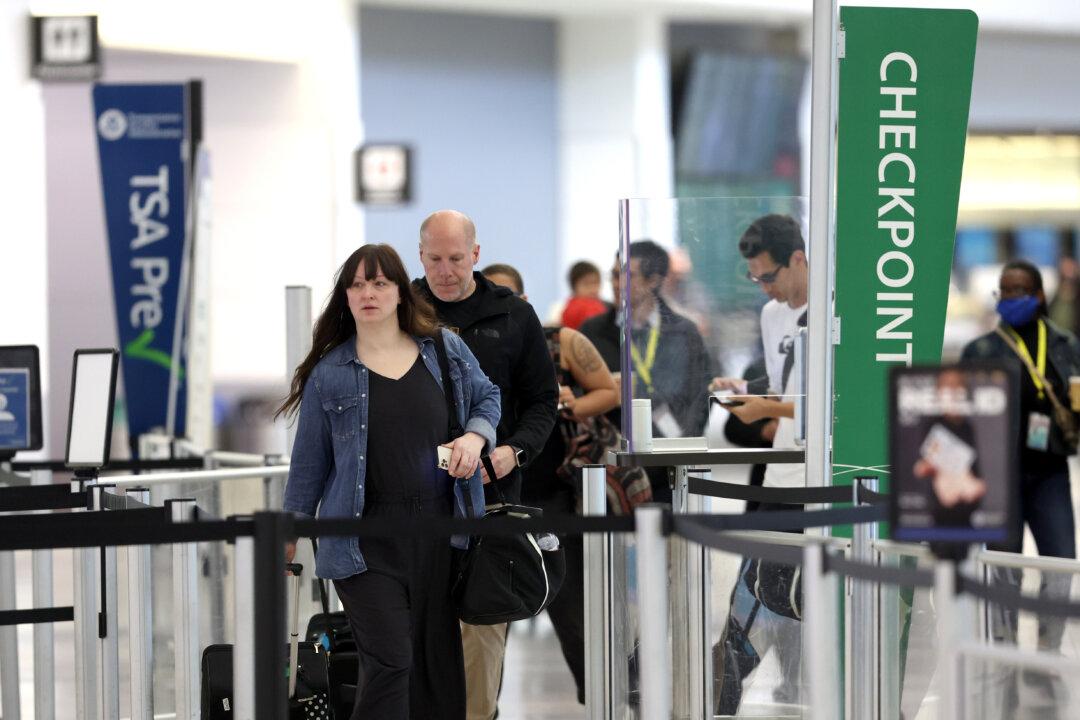Commentary
The Supreme Court’s decision in the Mississippi abortion case is likely to be one of the landmark cases of the 21st century. Many fascinating things came up during the arguments before the court, but here’s one thing that didn’t come up: the horror of abortion itself. That horror isn’t merely that a woman kills a child, but that a woman kills her own child.





